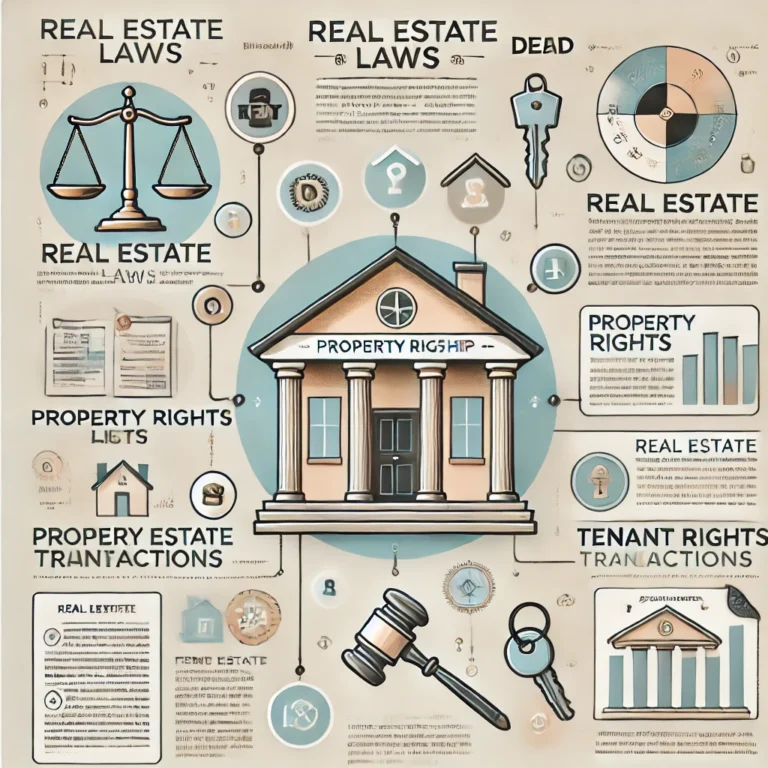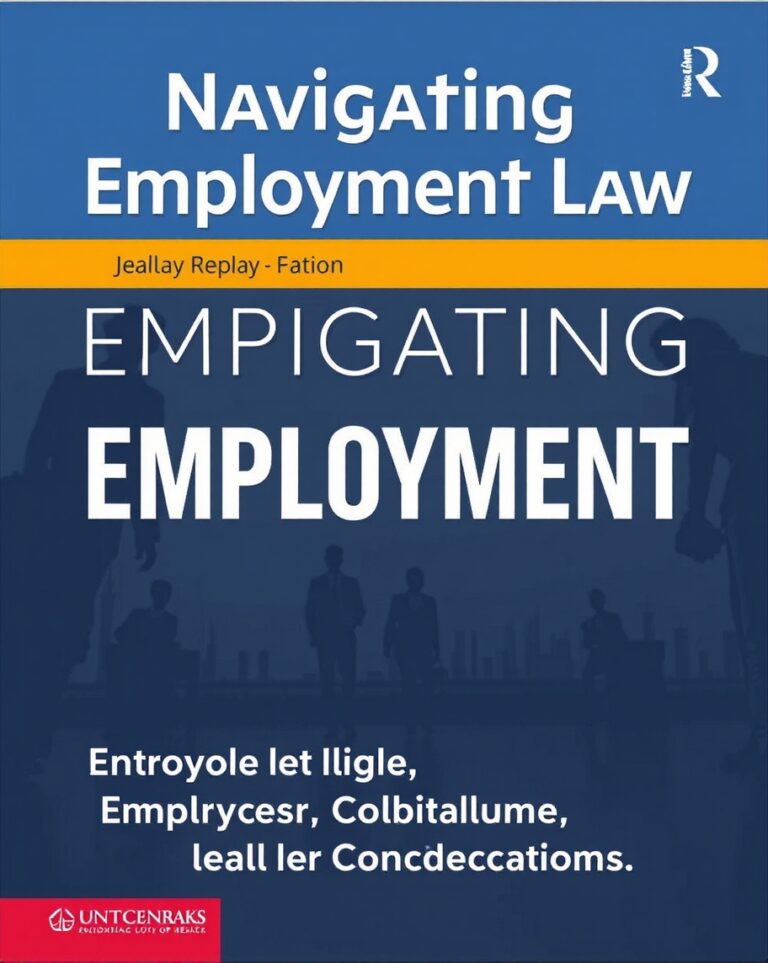
Introduction
Real estate law is a complex field that governs the rights, interests, and transactions related to real property. This area of law encompasses a wide range of topics, including property ownership, leases, sales transactions, zoning laws, and more. Understanding real estate law is crucial for individuals, businesses, and investors looking to navigate the intricacies of property transactions and avoid legal pitfalls. This comprehensive guide explores key concepts, types of transactions, and important legal considerations in real estate law while incorporating high CPC keywords for optimal search engine visibility.
Key Concepts in Real Estate Law
1. Property Ownership
At its core, real estate law revolves around property ownership. There are several types of ownership interests, including:
- Fee Simple: The most complete form of ownership, granting the owner full control over the property and the right to sell, lease, or bequeath it.
- Leasehold: A temporary right to use and occupy property, typically granted through a lease agreement.
- Life Estate: An ownership interest that lasts for the lifetime of a designated individual, after which the property passes to another party.
2. Title and Deeds
The title is the legal right to ownership of property, while a deed is a legal document that transfers title from one party to another. Understanding the distinction between these concepts is crucial for property transactions. Key types of deeds include:
- Warranty Deed: Provides the highest level of protection to the buyer, guaranteeing that the seller has clear title to the property and the right to sell it.
- Quitclaim Deed: Transfers whatever interest the seller has in the property without any guarantees regarding the title.
3. Zoning Laws
Zoning laws are regulations that govern how land can be used in specific areas. These laws are established by local governments to control land development and land use. Zoning classifications can include:
- Residential: Areas designated for housing and living purposes.
- Commercial: Areas intended for business activities.
- Industrial: Areas set aside for manufacturing and industrial operations.
Understanding zoning laws is essential for property owners and developers to ensure compliance and avoid potential legal issues.
Types of Real Estate Transactions
1. Residential Real Estate Transactions
Residential real estate transactions involve the buying and selling of homes and residential properties. Key components of these transactions include:
- Purchase Agreements: A legally binding contract outlining the terms of the sale, including price, contingencies, and closing date.
- Disclosures: Sellers are often required to provide disclosures about the property’s condition, including any known defects or issues.
- Inspections: Buyers typically conduct home inspections to identify potential problems before finalizing the sale.
2. Commercial Real Estate Transactions
Commercial real estate transactions involve properties used for business purposes, such as office buildings, retail spaces, and industrial properties. Key considerations in commercial transactions include:
- Leases: Commercial leases are often more complex than residential leases and may include terms related to rent increases, maintenance responsibilities, and lease duration.
- Financing: Commercial properties may require different financing structures, including commercial loans, partnerships, or syndications.
- Due Diligence: Buyers must conduct thorough due diligence, including financial analyses and assessments of local market conditions, before purchasing commercial properties.
3. Real Estate Development
Real estate development involves the process of improving land or constructing new buildings. Developers must navigate various legal and regulatory requirements, including:
- Permitting: Obtaining the necessary permits from local government agencies is essential for legal compliance.
- Environmental Regulations: Developers must comply with environmental laws and regulations, including assessments of the potential impact of development on local ecosystems.
- Financing: Securing financing for development projects can involve complex agreements and partnerships.
Legal Considerations in Real Estate Law
1. Contract Law
Real estate transactions are governed by contract law, which dictates the terms and enforceability of agreements between parties. Essential elements of a valid contract include:
- Offer and Acceptance: One party must make a clear offer, and the other party must accept it.
- Consideration: Something of value must be exchanged between the parties.
- Capacity: Both parties must have the legal capacity to enter into a contract.
2. Real Estate Financing
Understanding the various financing options available for real estate transactions is crucial for buyers and investors. Common financing methods include:
- Mortgages: Loans secured by the property, which must be repaid over time with interest.
- Home Equity Loans: Loans that allow homeowners to borrow against the equity in their property.
- Commercial Loans: Loans specifically designed for commercial properties, often with different terms than residential mortgages.
3. Title Insurance
Title insurance protects buyers and lenders against potential claims or defects in the title to the property. It is essential for safeguarding against issues such as:
- Undisclosed Liens: Claims against the property that were not disclosed during the transaction.
- Boundary Disputes: Disagreements over property lines and ownership.
- Fraudulent Claims: Attempts by third parties to assert ownership over the property.
4. Land Use and Environmental Law
Land use and environmental laws govern how land can be developed and utilized. Key considerations include:
- Environmental Assessments: Required evaluations to assess the potential environmental impact of a proposed project.
- Compliance: Developers and property owners must comply with local, state, and federal environmental regulations.
- Eminent Domain: The government’s right to acquire private property for public use, often with compensation to the owner.
Conclusion
Understanding real estate law is essential for anyone involved in property transactions, whether as a buyer, seller, investor, or developer. By grasping key concepts such as property ownership, transactions, and legal considerations, individuals can navigate the complexities of real estate law and make informed decisions.
Effective legal guidance, thorough due diligence, and a proactive approach to compliance can significantly enhance the success of real estate ventures. As laws and regulations continue to evolve, staying informed and seeking professional advice will empower individuals and businesses to navigate the real estate landscape confidently.




